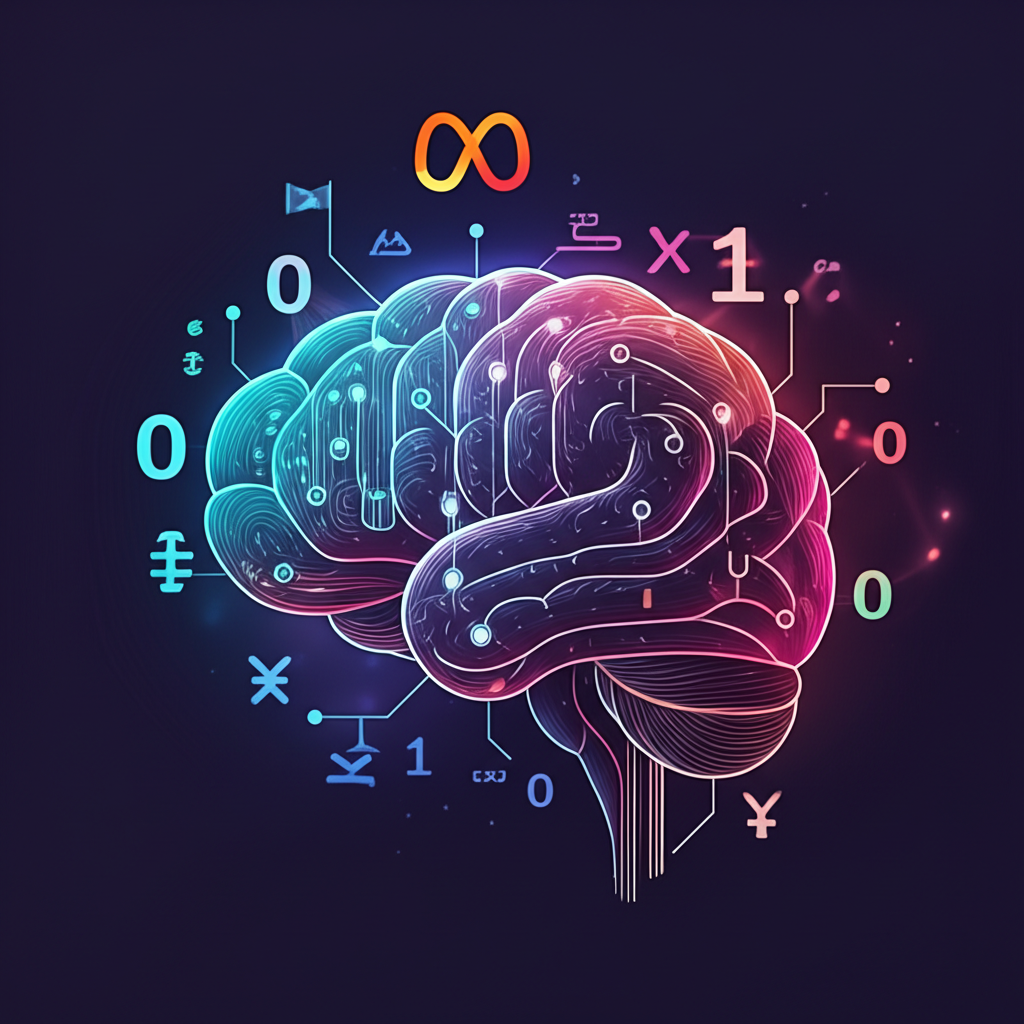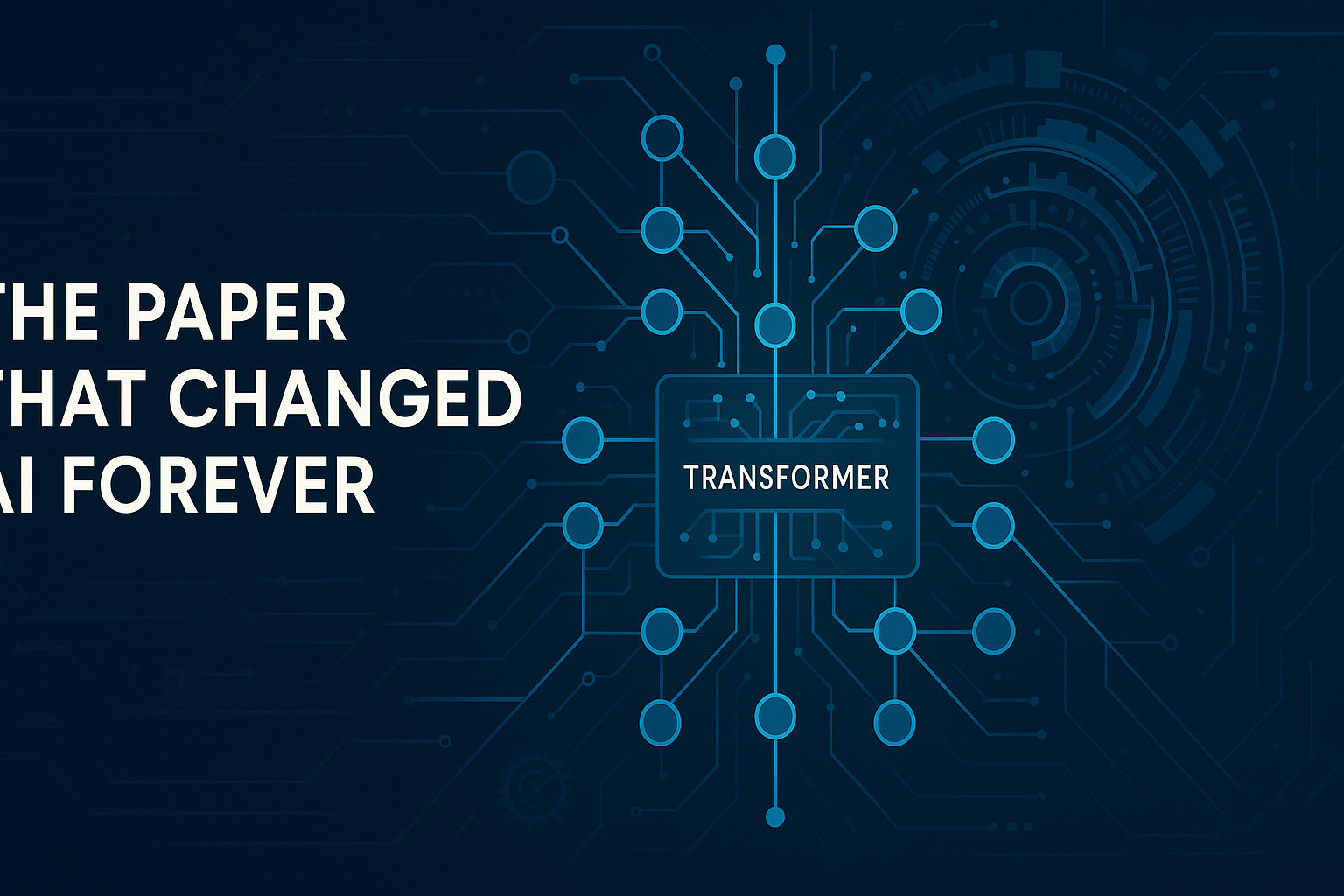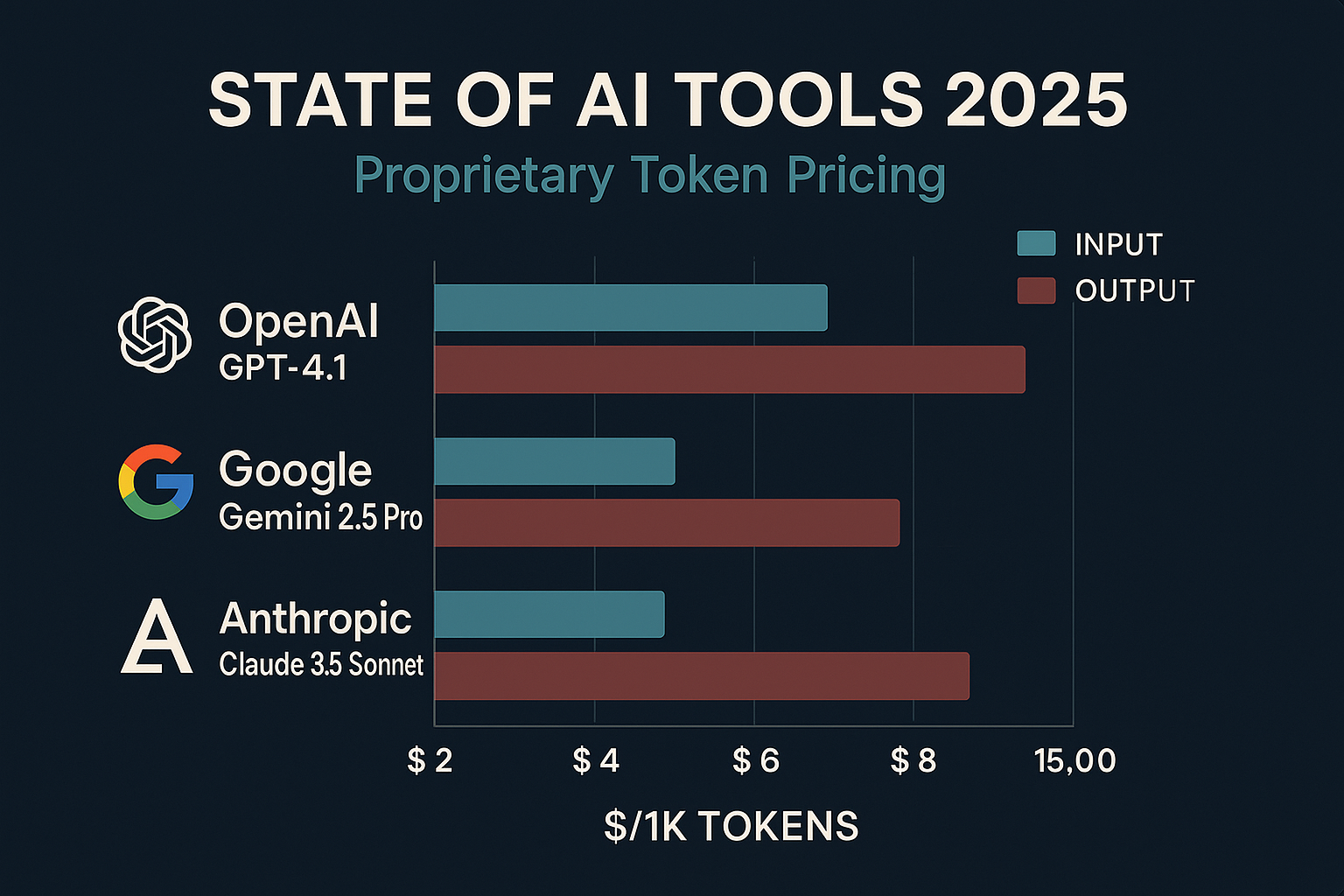Unlocking Innovation: A Deep Dive into the Meta AI Tool Ecosystem
Meta AI stands at the forefront of artificial intelligence research, with a strong commitment to fostering innovation through open source AI. A Meta AI tool directory serves as a centralized hub, connecting users with a diverse range of AI tools developed and supported by Meta AI. This curated AI directory simplifies the discovery process, making it easier to find the right resources for specific projects and needs.
The benefits of leveraging Meta AI tools are multifaceted. They promote innovation by providing access to cutting-edge technologies, encourage collaboration through shared resources and open-source initiatives, and enhance accessibility to AI for a wider audience. These tools empower researchers to push the boundaries of AI, enable developers to build intelligent applications, and assist creators in exploring new forms of artistic expression. Whether you're a seasoned AI expert or just beginning your journey into the world of artificial intelligence, the Meta AI tool ecosystem offers something for everyone. By providing access to a wealth of resources, Meta AI is paving the way for the future of AI.
Harnessing Language: Exploring Meta's Natural Language Processing Arsenal

Meta offers a suite of AI tools, particularly in the realm of Language AI, aimed at empowering both researchers and commercial users. These tools leverage the power of NLP (natural language processing) to tackle diverse challenges, from understanding human language to generating creative text formats. A prominent example of Meta's commitment to advancing the field is Llama 2, their next-generation large language model.
Llama 2 stands out for its impressive capabilities in text generation, reasoning, and code generation. It's pre-trained on a massive dataset of publicly available online data, making it knowledgeable across a wide array of topics. This extensive training allows Llama 2 to perform tasks such as answering questions, summarizing text, translating languages, and generating different kinds of creative content. Both a research and commercial license is available, making it a more accessible LLM to a wider community of users.
Performance-wise, Llama 2 rivals many other open-source large language model options and in some cases, competes with closed-source models on specific benchmarks. Its readily available nature and strong performance make it an attractive option for developers and researchers looking for a powerful and customizable NLP tool. You can explore more about Meta AI language models at https://www.best-ai-tools.org/tool/ai-at-meta.
Compared to other open-source models, Llama 2 often demonstrates superior coherence and fluency in its text generation. While closed-source models like ChatGPT and Google Gemini might boast larger parameter sizes and potentially broader knowledge, Llama 2's open nature allows for greater transparency, customization, and community-driven improvement. The models DeepSeek and Grok are similar open source competitors.
The availability of a freely accessible, high-performing large language model like Llama 2 has profound implications. It democratizes access to advanced AI technology, enabling smaller organizations and individual researchers to participate in NLP innovation. This can lead to a more diverse range of AI applications and a faster pace of progress in the field. The ability to fine-tune and adapt Llama 2 for specific tasks opens up new possibilities for solving real-world problems across various industries, fostering further innovation and collaboration.
Seeing the Future: Meta's Computer Vision Tools and Technologies

Vision AI is rapidly evolving, and Meta is at the forefront, offering a suite of powerful tools to researchers and developers. These tools facilitate advancements in areas like augmented reality, image understanding, and automated content analysis. A key component of Meta's contribution is Detectron2, a next-generation library that has become a cornerstone for many computer vision projects.
Detectron2 is designed with a highly modular architecture, making it incredibly flexible and adaptable to various research and application needs. It supports a wide range of state-of-the-art algorithms for tasks such as object detection, image segmentation, pose estimation, and more. The framework allows researchers to easily experiment with different components, swap out modules, and build custom models, significantly accelerating the pace of innovation in the field.
One of the primary goals of Detectron2 is to simplify computer vision tasks. By providing pre-trained models, standardized evaluation metrics, and a user-friendly API, Detectron2 lowers the barrier to entry for both researchers and developers. Whether you're working on detecting objects in images or performing complex semantic segmentation, Detectron2 offers a robust and efficient platform to streamline your workflow. You can even find some similar tool options on our https://www.best-ai-tools.org/compare page.
Meta continuously updates and improves Detectron2 to incorporate the latest research and address community feedback. These updates often include new model architectures, performance optimizations, and enhanced usability features. Keeping an eye on the latest releases ensures that users can leverage the most advanced Meta AI vision tools for their projects.
The Powerhouse of AI: Understanding the PyTorch Ecosystem by Meta
The PyTorch framework, a creation of Meta, stands as a cornerstone in the world of AI development. Its flexibility and ease of use distinguish it from other machine learning framework options, making it a favorite among researchers and industry professionals alike. The strong community support surrounding PyTorch ensures continuous development and readily available resources for troubleshooting and learning.
One of PyTorch's greatest strengths lies in its ability to accelerate the path from research to production. Its dynamic computational graph allows for rapid prototyping and experimentation, while its robust production capabilities enable seamless deployment of models in real-world applications. This makes it an ideal choice for projects that require both cutting-edge research and practical implementation.
PyTorch's versatility shines through its diverse applications across various domains. From computer vision and natural language processing to robotics and healthcare, PyTorch empowers developers to create innovative solutions. For example, researchers are leveraging PyTorch to develop advanced medical imaging techniques, while engineers are using it to build more efficient autonomous vehicles.
The deep learning ecosystem surrounding PyTorch is rich and extensive. Tools like TorchAudio, designed for audio processing, demonstrate the framework's commitment to supporting specialized tasks. The framework provides a comprehensive set of libraries and tools that cater to a wide range of AI development needs, ensuring that developers have the resources they need to succeed.
Beyond Text: Exploring Meta's Advancements in Audio AI
Meta AI isn't just about text; they're making significant strides in audio AI as well. One notable achievement is wav2vec 2.0, a powerful model that has revolutionized speech recognition. Its ability to learn directly from raw audio waveforms has led to breakthroughs in accuracy and efficiency, especially in low-resource languages.
Beyond wav2vec 2.0, AI at Meta likely encompasses a range of other audio processing tools and resources. While specifics are often found in research papers and project releases, these may include tools for audio enhancement, noise reduction, and even music generation. Keep an eye on their official channels for the latest updates and releases.
The potential applications of Meta's Meta AI audio tools are vast. Imagine more accurate voice assistants, improved accessibility features for people with hearing impairments, and new creative tools for musicians and audio engineers. As Meta continues to invest in audio AI, we can expect even more innovative applications to emerge, transforming the way we interact with sound.
Building at Scale: Meta's AI Infrastructure Solutions

In the realm of artificial intelligence, AI Infrastructure forms the backbone for developing, training, and deploying AI models effectively. Meta offers a suite of tools and platforms designed to meet these demands, enabling researchers and developers to build and scale AI solutions with efficiency. Meta's AI Infrastructure is built to handle massive datasets and complex computations, providing a robust foundation for innovation.
One key component of Meta's AI infrastructure is Ax, a platform for experiment management and model optimization. Ax streamlines the process of designing, running, and analyzing experiments, making it easier to fine-tune models for optimal performance. Through automated hyperparameter tuning and intelligent exploration of the search space, Ax accelerates the development cycle and helps achieve state-of-the-art results. Meta AI deployment tools are also included as part of the infrastructure, to ensure seamless integration of models into a variety of applications.
The benefits of leveraging Meta's AI infrastructure are multifold. By providing access to scalable compute resources and advanced tools like Ax, Meta empowers teams to build and deploy AI models at scale, accelerate research, and drive innovation across various domains. The infrastructure supports a wide range of AI applications, from computer vision and natural language processing to recommendation systems and predictive analytics. The ability to efficiently manage experiments and optimize models is crucial for achieving high accuracy and performance, while Meta AI deployment tools simplify the process of integrating AI into real-world applications.
Ultimately, the needs of deploying AI models require a solid infrastructure that includes experiment management, model optimization, and efficient deployment. Meta's AI infrastructure aims to deliver on these needs, helping to foster innovation.
Fueling the Future: Meta AI's Open Datasets for AI Advancement
Meta AI is dedicated to advancing the field of artificial intelligence, and a critical part of this mission involves providing valuable resources to the AI community. A key contribution is the release of various open datasets designed to fuel research and development across a wide spectrum of AI applications. These Meta AI datasets serve as crucial AI training data, allowing researchers and developers to build, test, and refine their models.
One notable example is the LVIS dataset, or Large Vocabulary Instance Segmentation dataset. The LVIS dataset addresses the challenge of recognizing a long tail of object categories. Unlike many datasets that focus on common objects, LVIS includes annotations for a far broader range of objects, including those that appear less frequently. This is significant because real-world applications often encounter rare objects, and training AI models to recognize them enhances their robustness and generalizability. By incorporating a more comprehensive vocabulary, LVIS pushes the boundaries of object recognition and instance segmentation.
Another vital dataset is the Casual Conversations dataset. The Casual Conversations dataset aims to improve AI understanding of spoken language in diverse social contexts. It contains recordings of people from various demographic backgrounds engaged in unscripted conversations. This dataset is invaluable for training models to understand nuances in speech patterns, accents, and conversational styles. This is particularly useful in developing more inclusive and equitable AI systems, combating biases that can arise from datasets with limited diversity. Exploring resources like https://www.best-ai-tools.org/ai-news/stanfords-ethical-ai-framework-a-guide-to-responsible-healthcare-innovation provides further insight into ethical AI development.
The Hateful Memes dataset tackles the challenge of identifying multimodal hate speech. The Hateful Memes dataset combines image and text data to assess whether AI models can effectively detect hateful content when conveyed through both modalities. Detecting hate speech is a complex task, especially when it involves subtle cues or ironic expressions. By providing a dataset that includes both visual and textual information, Meta AI facilitates research into more sophisticated approaches to content moderation. This dataset is a vital tool for promoting online safety and combating the spread of harmful content.
In summary, Meta AI's open datasets like the LVIS dataset, Casual Conversations dataset, and Hateful Memes dataset, play a crucial role in fostering innovation and addressing key challenges in the AI landscape. By providing high-quality AI training data, Meta AI empowers researchers to develop more accurate, fair, and robust AI systems.
AI with Responsibility: Meta's Commitment to Ethical AI Development

Meta AI is deeply committed to Responsible AI development, recognizing the transformative potential of AI and the importance of addressing its ethical implications. Meta understands that building AI that benefits everyone requires careful consideration of AI fairness, AI transparency, and accountability.
Meta's approach to ethical AI is guided by a set of core principles. These principles emphasize fairness in AI algorithms to mitigate bias, transparency in AI systems to promote understanding, and accountability to ensure responsible use of AI technologies. Meta is actively working to put these principles into practice through research, development, and deployment of AI tools.
For more detailed information about Meta's Responsible AI initiatives, you can visit the AI at Meta tool page. This page provides valuable resources and insights into their ongoing efforts to build ethical and beneficial AI systems.
Addressing the ethical considerations of using AI tools is paramount. As AI becomes more integrated into our lives, it's essential to be aware of potential biases, privacy concerns, and the impact on human autonomy. By promoting AI transparency and fostering open discussions about Meta AI ethics, we can collectively work towards a future where AI is used responsibly and for the betterment of society.
Join the AI Revolution: How to Get Started with Meta AI Tools Today
Ready to dive into the world of Meta AI tools? Getting started with AI has never been easier. Meta provides a range of resources to help you begin experimenting and building with their AI technologies. First, visit the official Meta AI website to explore the available tools and platforms, such as AI at Meta. There, you'll find comprehensive documentation, tutorials, and examples to guide you through the setup process. Next, check out the AI development resources that are tailored to various skill levels. Whether you're a seasoned AI researcher or a curious beginner, Meta offers materials to help you learn and grow.
We invite you to contribute to our Meta AI community by submitting your own tools to the Meta AI Tool Directory. This is a fantastic opportunity to showcase your work and help others discover valuable resources. If you have any questions or feedback, please don't hesitate to contact us through the contact information provided on our website. By using Meta AI tools, you can unlock new possibilities for innovation, streamline complex processes, and solve pressing challenges across various domains. Explore the transformative potential of AI and embark on your journey today!
SEO Keywords
Meta AI tools, Meta AI tool directory, Open source AI tools Meta, Meta AI models, PyTorch, Detectron2, Llama 2, Meta AI research, wav2vec 2.0, DINOv2, Meta AI datasets, AI tools for developers, AI tools for researchers, AI tools for machine learning, Best Meta AI tools
Related Hashtags
#MetaAI #AITools #OpenSourceAI #MachineLearning #ArtificialIntelligence
For more AI insights and tool reviews, visit our website www.best-ai-tools.org, and follow us on our social media channels!
X (Twitter): https://x.com/bitautor36935
Instagram: https://www.instagram.com/bestaitoolsorg/
Facebook: https://www.facebook.com/profile.php?id=61577063078524
LinkedIn: https://www.linkedin.com/company/best-ai-tools-org
YouTube: https://www.youtube.com/@BitAutor
Medium: https://medium.com/@bitautor.de
Telegram: https://t.me/+CxjZuXLf9OEzNjMy



